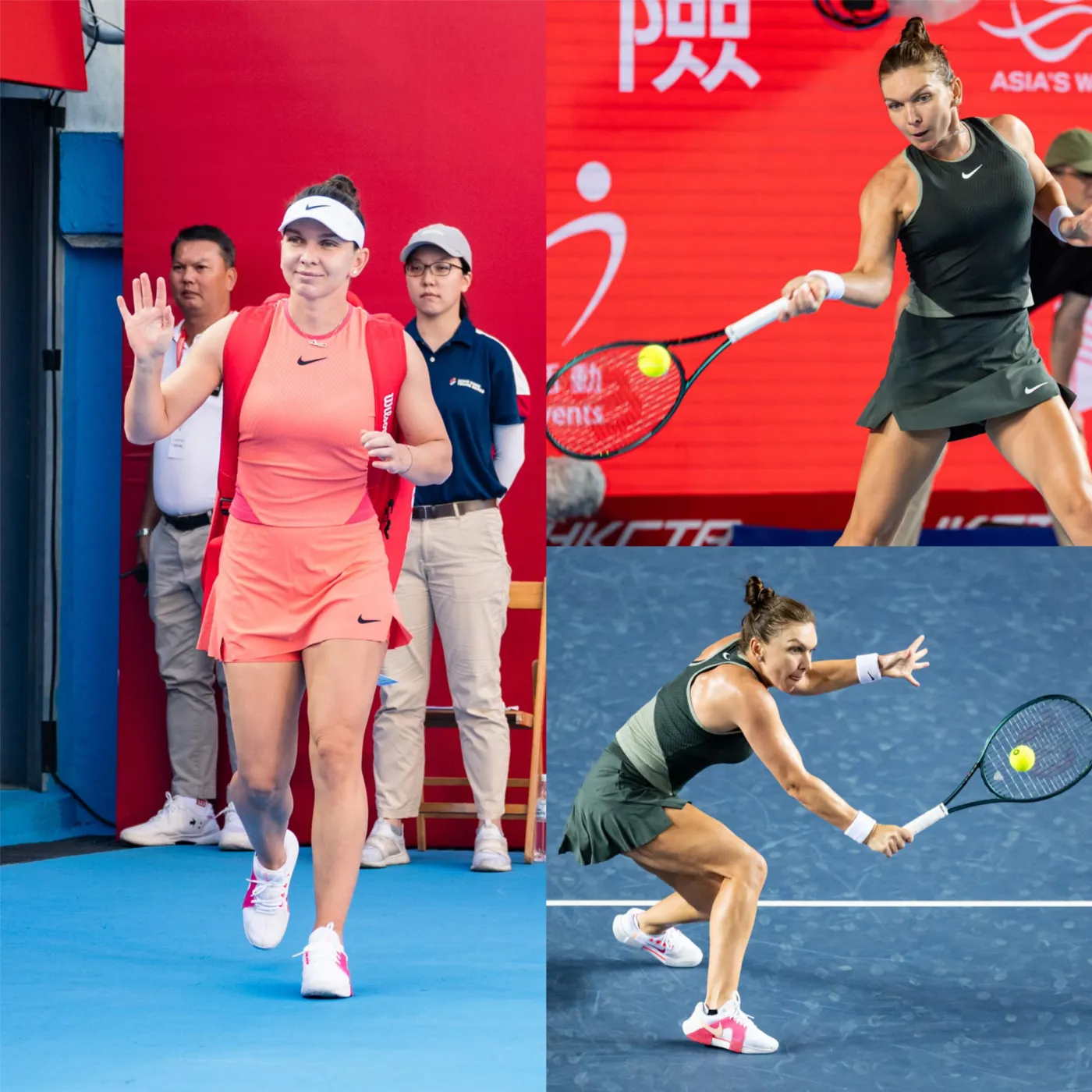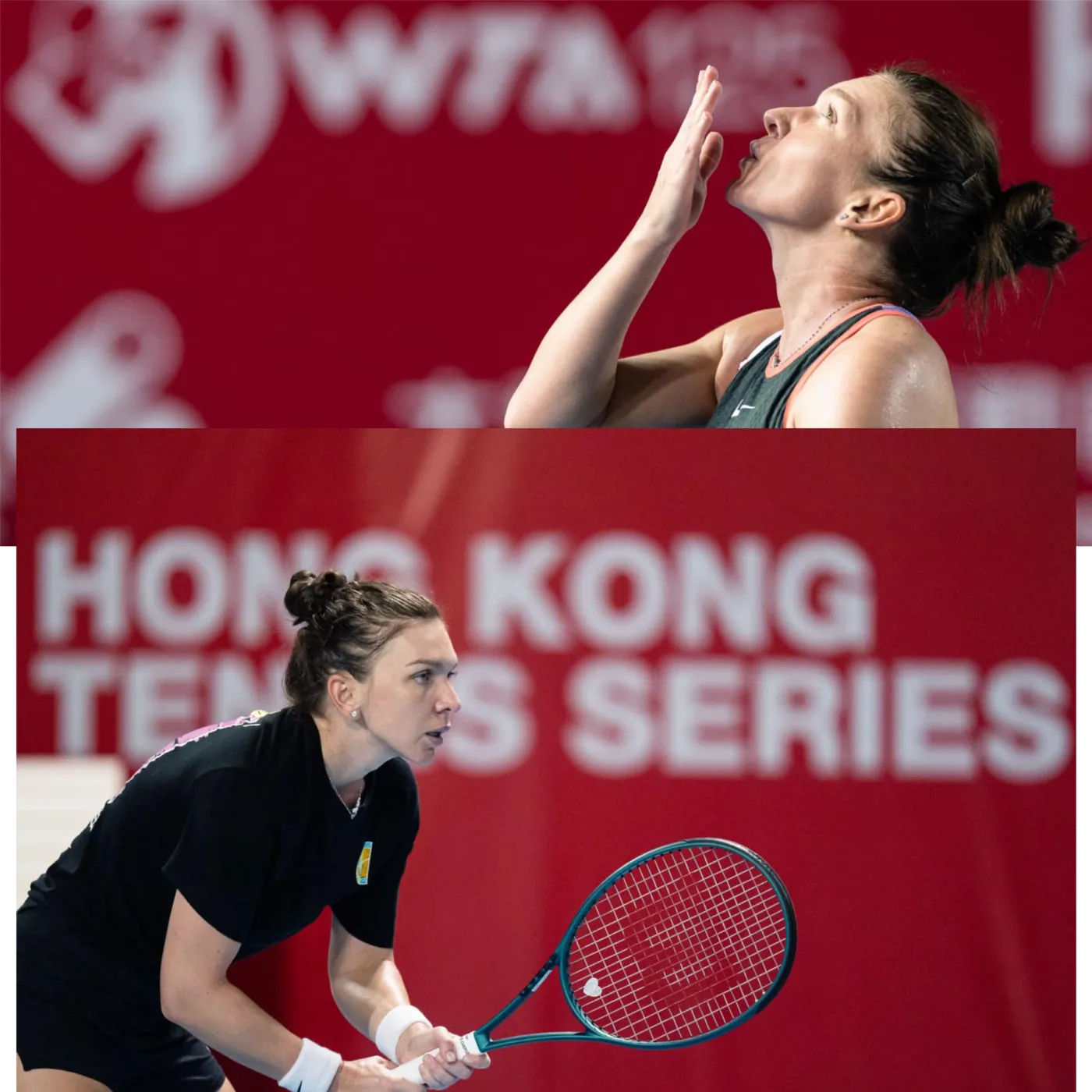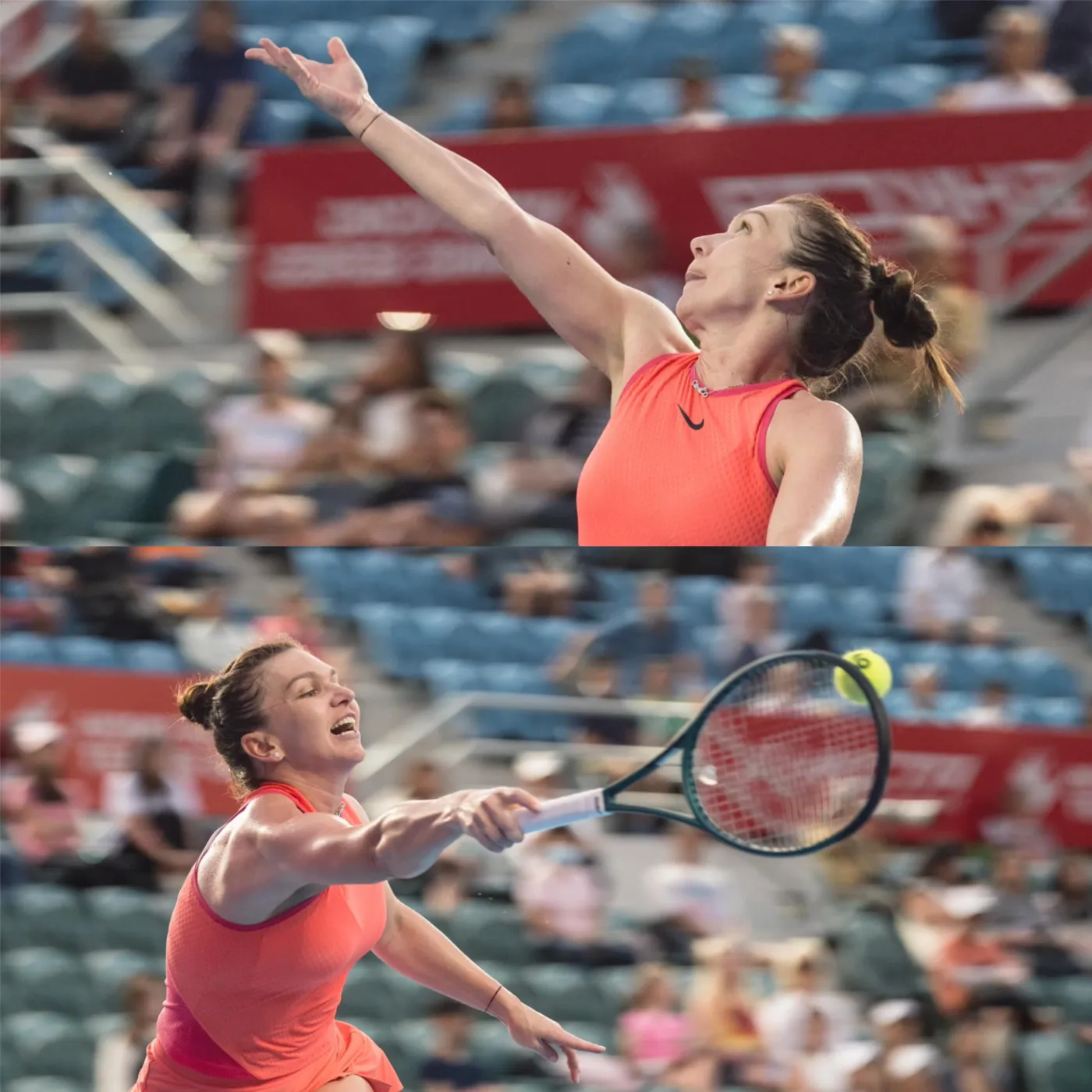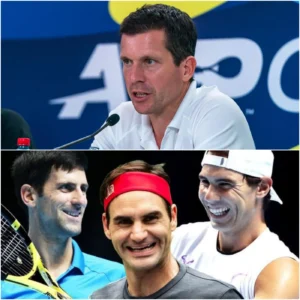Simona Halep Expresses Frustration Over Unfair Treatment Compared to Iga Swiatek

Simona Halep, a former Wimbledon and Roland Garros champion, has publicly voiced her dissatisfaction with the International Tennis Integrity Agency (ITIA) for the way her doping case was handled compared to that of Iga Swiatek. The 33-year-old Romanian player, who faced a four-year ban (later reduced to nine months) for doping, shared her deep disappointment in an Instagram post on Friday, revealing the stark contrast in the treatment she received versus the Polish tennis star.
“I cannot comprehend the way ITIA handled Iga Swiatek’s case compared to mine,” Halep wrote, emphasizing her confusion and sense of injustice. “Why such a significant difference in how they approach and judge these cases? I can’t find a reasonable answer, nor do I think there is one. It can only stem from the malicious intent of ITIA, an organization that did everything to destroy me, despite the evidence.”

The Cases of Swiatek and Halep: A Comparison
In August, Iga Swiatek tested positive for trimetazidine during an out-of-competition drug test. However, ITIA accepted her explanation that the positive result was unintentional, stemming from contamination of an over-the-counter supplement (melatonin) used to combat jet lag and insomnia. Swiatek’s case was viewed more leniently due to her claim of accidental exposure and her willingness to cooperate with the investigation.
In contrast, Halep’s doping case was met with a more severe response. The two-time Grand Slam winner tested positive for Roxadustat, a prohibited substance, during the 2022 US Open. Halep claimed the contamination was from a tainted supplement, a justification that the Court of Arbitration for Sport (CAS) accepted, ultimately reducing her ban to nine months. Despite this, the suspension kept her off the court for 1.5 years, leaving her feeling unjustly treated.
“Throughout my career, I have believed in fairness, in the good of this sport, and in the kindness of people,” Halep stated in her Instagram post. “The injustice they inflicted on me is painful, still painful, and it probably will always be. How can ITIA have such different approaches for similar cases occurring at the same time in the season, with such detrimental outcomes for me?”

Reflections on the Impact on Young Athletes
Halep’s case, alongside Swiatek’s, raises concerns about the influence that differing standards of justice can have on the younger generation of tennis players. Yevgeny Kafelnikov, a former Grand Slam champion, shared his worries, stating, “The saddest part of all this is that young and emerging players, ages 12 to 16, look up to their idols and may think that using steroids in the future is normal and that they can escape the consequences. The current players are setting bad examples for the younger generation.”
Halep’s frustration echoes a broader sentiment in the tennis world about the importance of consistency and fairness in handling doping violations. The disparity in responses to similar situations can impact the credibility of the sport and the trust athletes place in its governing bodies.

The Road Ahead for Halep and Tennis
As Halep continues to process the aftermath of her case, the sport faces questions about how to ensure fairness and transparency. The ongoing debate over the handling of doping cases, especially when high-profile athletes are involved, will likely spark further discussions within the tennis community and beyond. For now, Halep remains resolute in her stance, demanding accountability and equality in the treatment of all players facing similar challenges.







